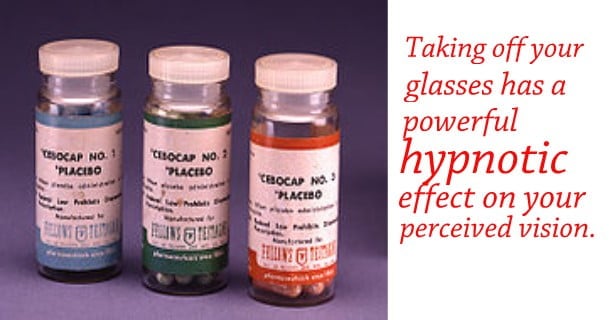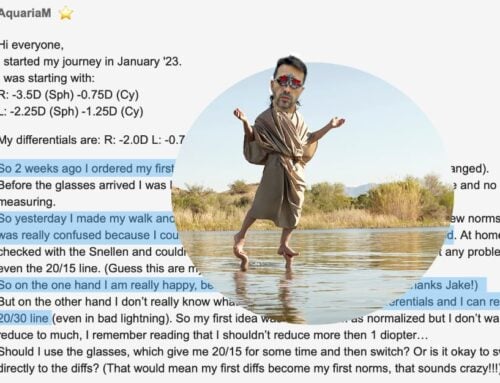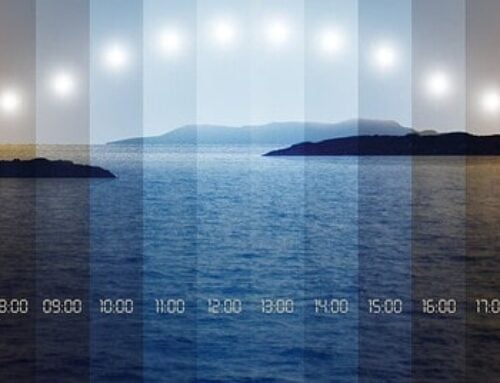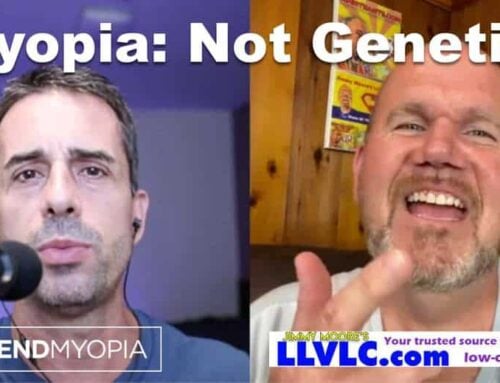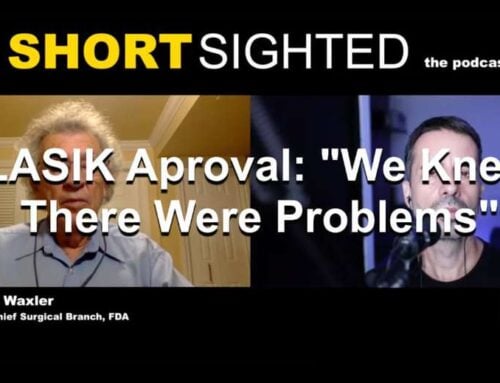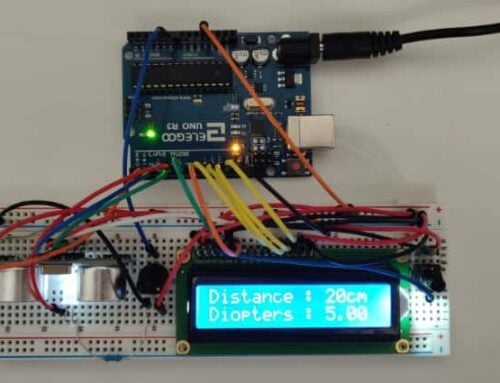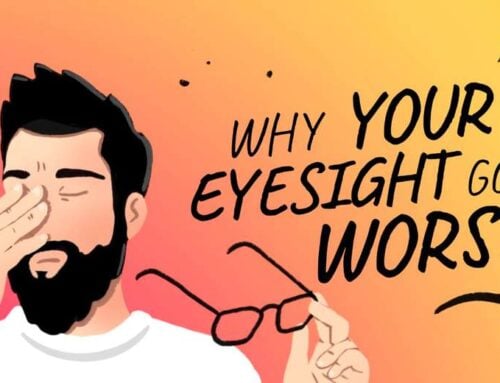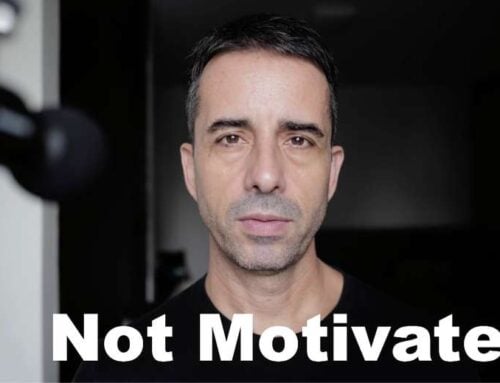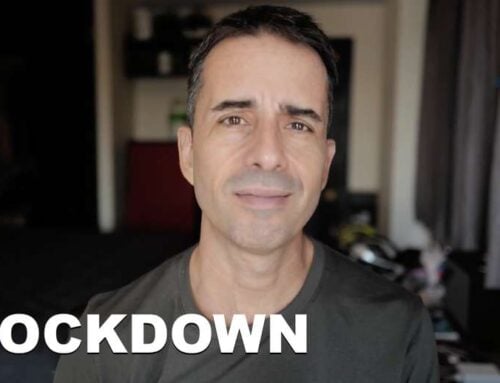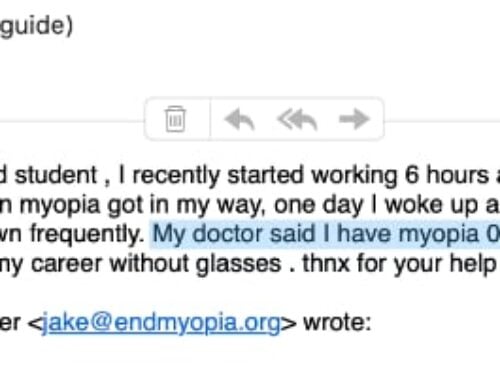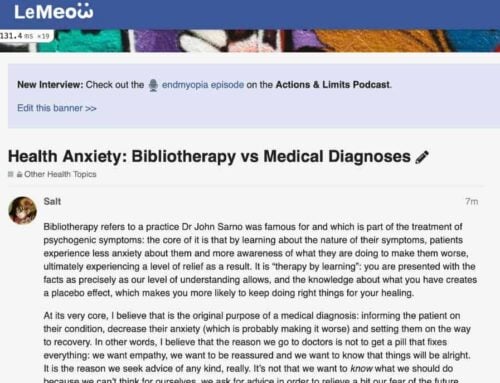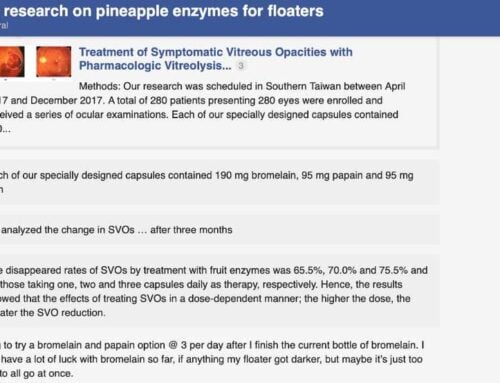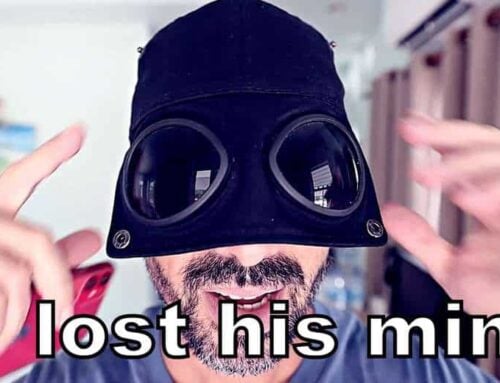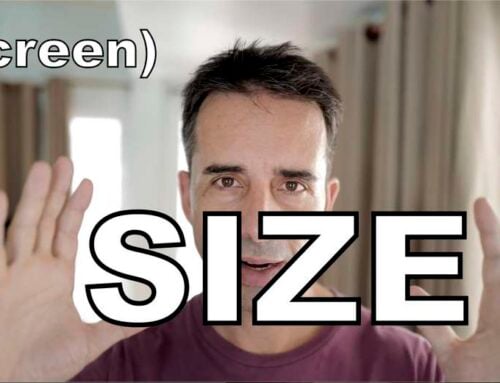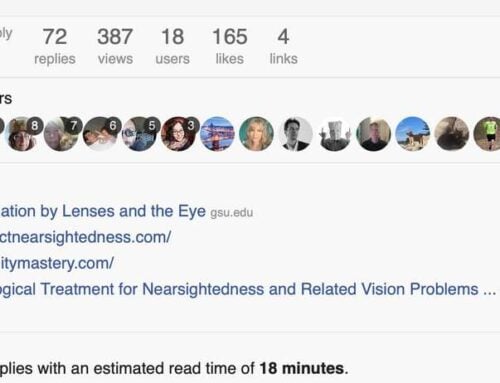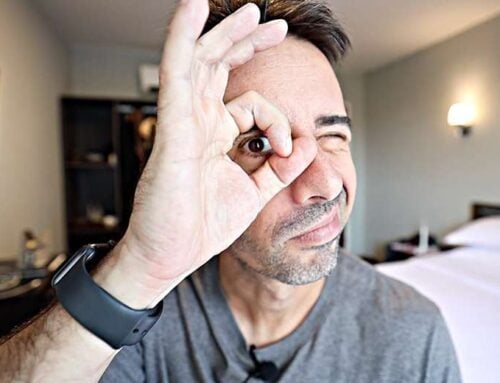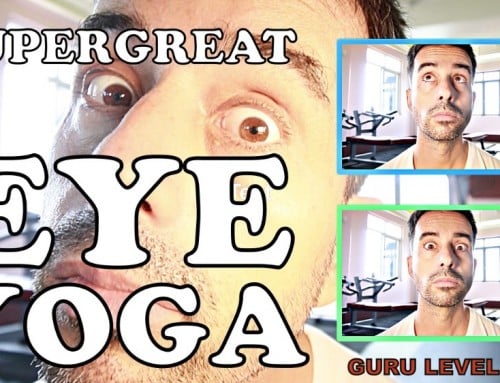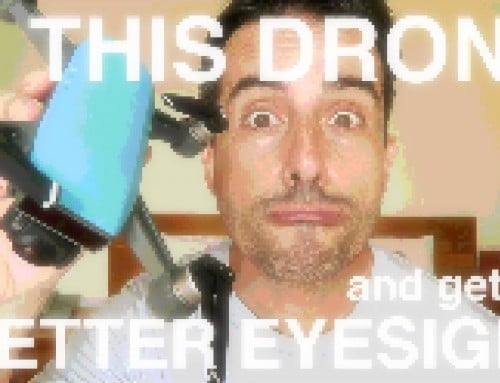There is a very powerful factor in medicine, therapy, and medications. One that does not rely on any practice or specific substance. One that no matter what medication you take, makes you feel better. It is such a common factor, that it is included in almost all therapy effectiveness studies. It is part of most new medication trials, as well. It is this effect that may be keeping you from reaching your full eyesight potential. You know the factor I refer to, as the placebo effect.
The placebo effect, in reverse, is keeping your eyesight poor.
With the placebo effect, it is your belief that drives your physical experience. You take a pill that you really believe will make you better, and you get better. This psychological motivator is so powerful that you rarely see a serious clinical study without a control group and a placebo.
Let’s take a look at why this powerful reality of your own psychology is holding you back.
You wear glasses (or contact lenses). What happens when you take them off?
You can’t see.
This of course is physical reality of refraction, ciliary muscles, your retina. But, it is not quite so simple.
Of course, you do need glasses. I will not stipulate that you could just take them off and see clearly, just by believing it. It is true however, that your vision varies quite a bit, from day to day. It varies even, quite a bit, depending on lighting conditions, and even the type of object you are looking at. We are talking as much as 50% variance in your ability to see. If you are taking any of my Vision Improvement Courses, you already experienced this astoundingly large gap.
What you can see, in a bright outdoor morning setting, will be nothing but a blob outline, the very same evening. If your eyesight is not great, you know this. So far, no mystery. Your eyesight varies, hugely, based on tangible environmental factors.
Still and regardless, every time you take off your glasses, the world turns into a blur.
But it doesn’t have to.
In the Core Program, I start to work on some subtle deprogramming of your brain from this perceived vision loss effect. We do no glasses mornings. Later on, we get into No-Glasses- Sundays (not for everyone, it depends on your myopia degree). Your brain slowly becomes acquainted with a new reality, that what it can perceive, does vary – not only the simple on/off perspective you get when you live with a single prescription.
It isn’t till Installment 55 that we really start pushing the reverse placebo aspect that keeps holding you back. Before then, we just deal with eye strain, reducing prescriptions, better near-focus habits – all the simple, tangible things, that at first give you quite a bit of vision improvement.
Eventually though, you do reach a plateau. A psychological plateau.
If you are not participating in any of the programs, this is still relevant to you. Your eyesight varies so much, and yet taking off the glasses always has the same effect – you can’t see.
Taking off your glasses is a form of self-hypnosis.
Having done nothing but this for 40 years, eventually you have to come to terms with what you see happening, over and over, with thousands of people. Take off glasses, and you can’t see.
This is the same thing that drives the placebo effect. Like hypnosis, by the fact that it is sometimes true, your visual cortex simply switches to ‘oh I can’t interpret signal now’. The worst part, even knowing this, you can’t change it. It’s a powerful hypnotic reality – it’s not your conscious belief, but the subconscious programming. You have taken off your glasses tens of thousands of times. Many of those times, late in the day, when you were tired, and it was dark – when your vision, in all reality, is as much as 50% worse to begin with.
Analyze this, logically:
You put your glasses on in the morning, when your eyes are relaxed, lighting is good, you haven’t spent a day straining yet. Now you can see great.
Fast forward to the evening. It’s been a long day, lighting is poor compared to the morning. You take your glasses off. What’s the net change in eyesight, from the morning to now, without glasses? Yes indeed, you can’t see. No self-hypnosis effects here. But this is programming your sub conscious. Very powerfully. You can take your glasses off at the pool, and be just as blind as when you take them off to go to bed at night. This though, is not true.
Taking your glasses off at the pool should yield a much lower reduction in vision acuity than it does. And this is where that programming comes into play.
Your brain plays a huge role in your vision. There are many stories I could tell, that are far more convention challenging than this. I’ve done repeat experiments, over the years, with hundreds of participants, showing that people can see as much as 25% better, when they look at an object that is visually pleasing. But, that’s not for today.
Today I want you to think about how much of your vision problem is programmed, vs. just some refractive error. Consider again, what I described above- the habituated belief that taking off your glasses yields a specific decrease in vision acuity.
In the advanced topics of the Vision Improvement Courses we discuss how to deprogram your brain. And this is not just some sort of fluffy pseudo-science. You do the deprogramming Installments for a single week, and you’ll see for yourself. And no, you won’t magically see 20/10, doing this. But you will begin to see the effects of the programming, and be able to use your eyeglass prescriptions, and my deprogramming strategy, to make reasonable progress. And that’s what you do get with my approach – ongoing, reasonable progress.
The #endmyopia Method doesn’t promise a quick fix. Instead, piece by piece, we dive into the many aspects that make up vision deficiency. We take apart the various contributing factors that made your eyesight so poor, and piece by piece, we reverse them.
There are quite a few things that you can see, given the proper understanding and circumstance, that today are just blobs, when you take off your glasses. Take a look around the forum, follow some of the participants progress stories. A single month of just the basic Web Program will give you first hand experience of what you are capable of. 15-25% eyesight improvement in the first 60 days is realistic. And once you made it that far, you get to play with the more fascinating subject – such as this, the programmed aspects of poor eyesight, and how to reverse them.
Enjoy!

